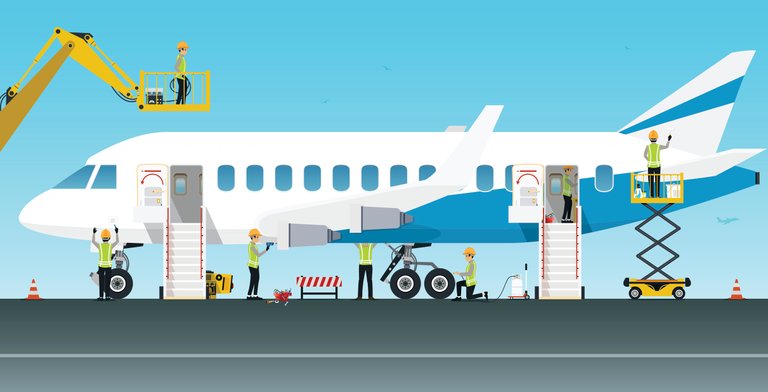
As aircraft and airlines industry become more technologically advanced and computing power more accessible and capable, data’s influence on how airlines run their operations is rapidly evolving.
Blockchain technology has entered the innovation strategies and future plans of companies across many industries, including airlines and whole travel industry. Using robust crypto techniques and a distributed data protocols, it creates decentralized reconciliation-based processes.
Few airlines already started to improve their transformation to “digital airlines”. AirAsia tapping on data as it goes digital. Over the next two years, they will roll out Wi-Fi, mobile payments and digital baggage tags with RFID tracking on all its flights in stages.
Tan Sri Tony Fernandes, AirAsia CEO said: “Very soon, you won’t have a trolley going down (the aisle in the plane). You order with your mobile phone, and it goes straight to the cabin crew, who will deliver the food to you. That’s already happening in the next two months, and we’ll giving each of our cabin crew a mobile device very soon.”
But there are much more opportunities to improve the operations in the industry. With the right set of tools and partnerships in place to capture their data, tomorrow’s operations will become more efficient, secure and faster.
More than currency
Blockchain technologies are durable, consistent, shared and mutualized, and highly protected at the data element level. Its not only crypto-currency which can be used as a new way of payment in travel retail industry, but the blockchain technology as itself.
Data sharing among multiple players, playing on travel industry field, powers the journey. From construction of the aircraft, cargo, airfares to arrival bookings, players can include airlines, aviation partners, payment card providers, dutyfree service providers, airports, up to government (immigrations).
Each player in a field requires data to be stored, collected, shared in most secured way and fast as possible. Faster transaction (cutting off banks and other slow “almost-offline” service providers), security and identity ( protecting data privacy is a key factor when it comes to passenger records), logging (Blockchain technology can transform maintenance logs, databases, aircraft security).
Shukor Yusof, from Endau Analytics, said: “I believe more airlines will probably go digital in the coming years… mainly because these are what passengers want or need, and for low-cost airlines such as AirAsia, this will also be another source of ancillary revenue for them.”
We are unlocking the blockchain
AirAsia’s efforts and predictions declares that airlines are becoming more data-driven and going digital to keep up with the times is a must. In order to achieve that efforts and objectives, at DutyFoundation, we have designed a functional ecosystem of inter-connected tools and services. Find out more at DutyCoin.org how we are bringing duty-free markets, airline industry and blockchain technology closer together.
Follow @dutycoin on Twitter